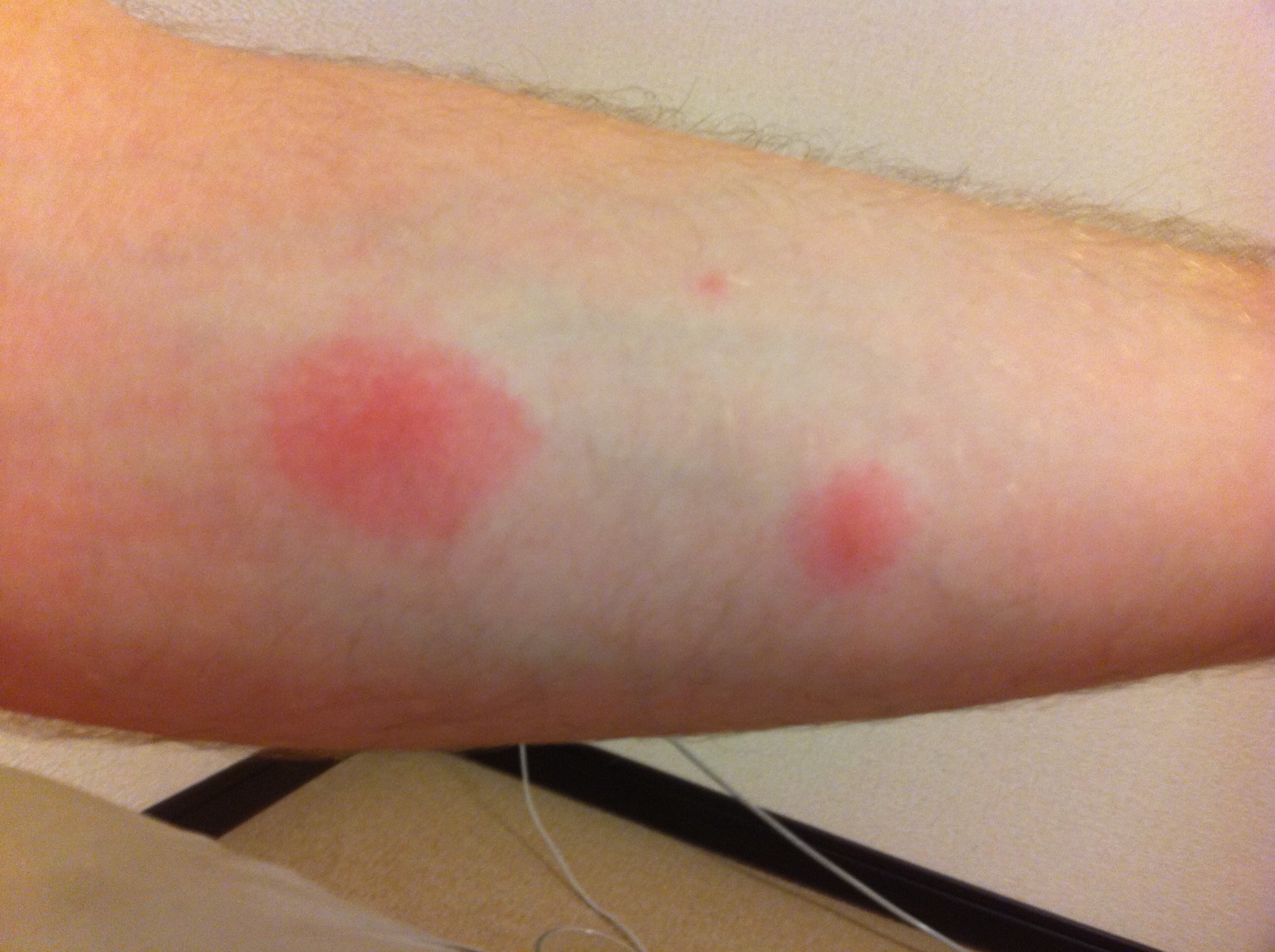Introduction to Roach Bites
Roaches are one of the most common pests found in households across the globe, and their presence can be both unsightly and unsettling. While they are primarily known for their scavenging habits, there is often a misconception about whether roaches bite humans. This article aims to shed light on this topic and provide detailed insights into what roach bites look like, how to identify them, and what measures can be taken to prevent and treat them. In 2024, pest management continues to be a significant concern, and understanding roach behavior is essential in maintaining a hygienic and safe living environment.
Do Roaches Really Bite Humans?
To begin with, it is essential to clarify that roaches are not typically aggressive towards humans. They are nocturnal creatures that prefer to avoid human contact. However, in cases of severe infestations or when food is scarce, roaches may resort to biting humans. These bites are usually accidental as roaches are more interested in food crumbs and organic waste. When they do bite, it is often on exposed areas such as the face, hands, or feet, particularly in individuals who are asleep or unable to feel the bite immediately. Understanding this behavior is crucial in identifying whether a bite is indeed from a roach or another insect.
Identifying Roach Bites
Roach bites typically appear as small, red bumps on the skin. They may look similar to mosquito bites but can be distinguished by their clustered appearance. Unlike mosquito bites, which are sporadic, roach bites often occur in a line or a group. This pattern is due to the roach's feeding behavior, as it moves across the skin to find suitable feeding sites. The bites can cause minor irritation and itching, but they rarely lead to severe allergic reactions. However, it is crucial to monitor the affected area for signs of infection, especially if the itching leads to excessive scratching.
Symptoms of Roach Bites
The symptoms of roach bites are relatively mild compared to those of other insect bites. They usually include redness, swelling, and itching at the site of the bite. In some cases, individuals with sensitive skin or allergies may experience more pronounced reactions, such as blistering or a rash. It is important to resist scratching the bites to prevent secondary infections. Applying over-the-counter anti-itch creams or antihistamines can help alleviate the symptoms. If the bites do not improve or if signs of infection develop, it is advisable to seek medical attention.
Preventing Roach Bites
Preventing roach bites involves a combination of personal protective measures and effective pest control. Maintaining a clean living environment is the first step in deterring roaches. This includes regularly cleaning kitchen surfaces, storing food in airtight containers, and promptly disposing of garbage. Sealing cracks and crevices in walls and floors can also help prevent roaches from entering your home. Using insect repellents, especially during the night, can provide an additional layer of protection against bites. If you suspect a roach infestation, it is advisable to contact a professional pest control service to address the issue promptly.
Roach Bites vs. Other Insect Bites
Differentiating roach bites from other insect bites can be challenging, as they share similarities with bites from mosquitoes, bedbugs, and fleas. However, observing the pattern and location of the bites can provide clues. For instance, bedbug bites often occur in a linear pattern, similar to roach bites, but they are usually found on areas of the body that are in direct contact with the bed. Flea bites, on the other hand, are typically concentrated around the ankles and lower legs. Consulting with a healthcare professional can help in accurately diagnosing the source of the bites.
Treatment of Roach Bites
Treating roach bites involves managing the symptoms and preventing infection. As mentioned earlier, applying topical creams and taking antihistamines can help reduce itching and swelling. Keeping the affected area clean and dry is crucial in preventing bacterial infections. In cases where the bites become infected, antibiotic ointments or oral antibiotics may be prescribed. Additionally, addressing the underlying roach infestation is vital in preventing further bites. This may involve implementing long-term pest control strategies, such as regular inspections and treatments by a professional pest control service.
The Psychological Impact of Roach Bites
While the physical effects of roach bites are generally mild, the psychological impact can be significant. The thought of roaches crawling and biting during sleep can cause anxiety and stress, leading to sleep disturbances and a decreased quality of life. For individuals with a fear of insects, the presence of roaches can exacerbate these feelings, making it difficult to relax in their own home. Addressing these concerns is an important part of managing a roach infestation and restoring peace of mind. Engaging with mental health professionals and implementing relaxation techniques can be beneficial in coping with these psychological effects.
Conclusion: Staying Informed and Proactive
In conclusion, while roach bites are not a common occurrence, understanding what they look like and how to manage them is essential for maintaining a safe and healthy living environment. By staying informed about roach behavior and implementing preventive measures, you can minimize the risk of bites and address infestations promptly. In 2024, advancements in pest control technology continue to provide effective solutions for managing roach populations, ensuring that homes remain pest-free. Remember, being proactive and vigilant is key in preventing and dealing with roach bites, allowing you to enjoy a comfortable and stress-free living space.
Resources for Further Information
For those seeking additional information on roach bites and pest control, numerous resources are available online and through local pest control services. Websites dedicated to entomology and pest management offer valuable insights into the behavior and management of roaches. Additionally, consulting with pest control professionals can provide personalized advice and solutions tailored to your specific situation. Staying informed and utilizing available resources can empower you to effectively manage and prevent roach infestations, ensuring that your home remains a safe and comfortable haven.


